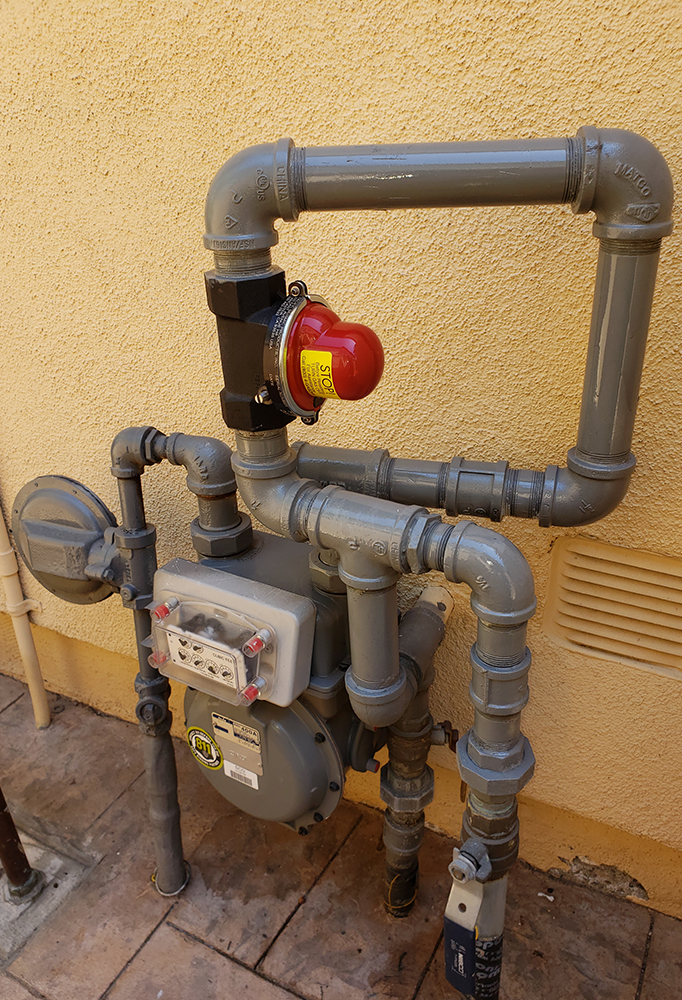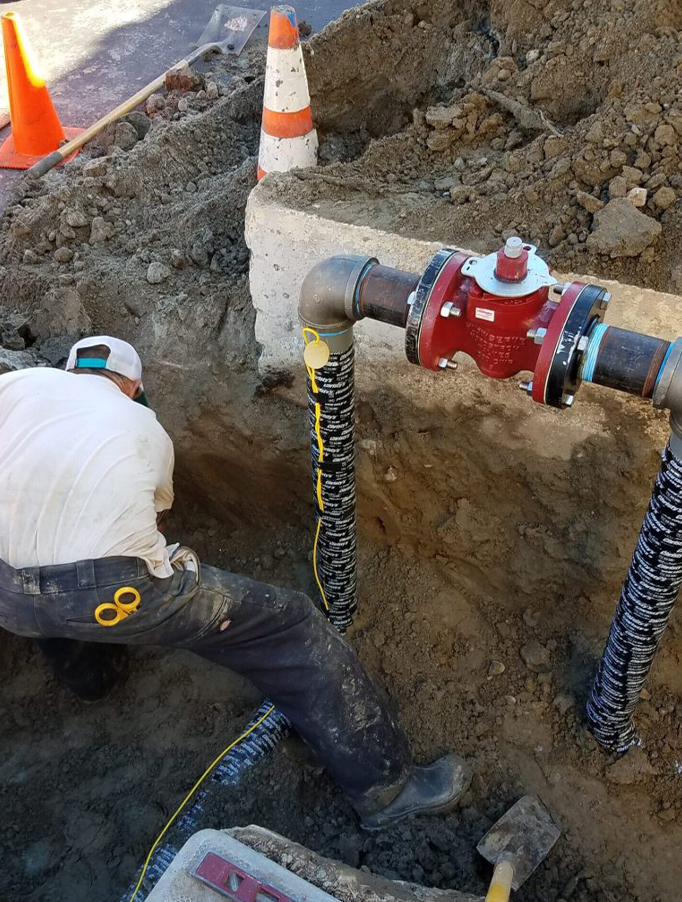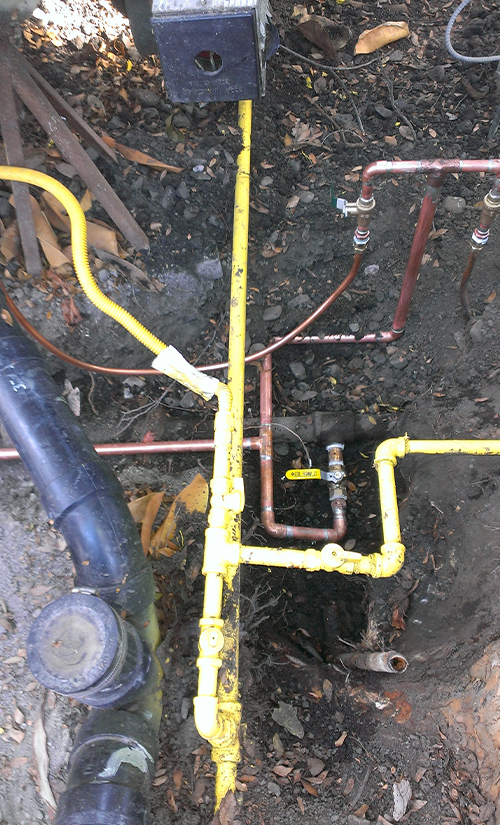Natural Gas Orange County – What Every Homeowner Should Know

What Is Natural Gas and Why It Matters in Your Home
Natural gas powers appliances across homes in Orange County, from Fountain Valley kitchens to heating systems in Costa Mesa. It’s efficient, affordable, and reliable but requires respect and proper maintenance to prevent danger.
Natural Gas Leaks – What They Look Like (and Smell Like)
Common signs include:
- Rotten egg or sulfur-like smell (mercaptan additive)
- Hissing or whistling sounds near gas lines
- Dead or discolored plants above buried gas lines
- Physical symptoms indoors: dizziness, nausea, headaches
Where Natural Gas Is Used Around Your Home:
- Gas ranges and ovens
- Water heaters
- Clothes dryers
- Furnaces
- Outdoor BBQs and fire pits
- Pool heaters
Is Natural Gas Dangerous? Not If You’re Paying Attention
Natural gas is one of the safest energy sources when properly installed and maintained. In homes and businesses across Orange County, natural gas powers appliances efficiently and cleanly. However, it’s important to stay alert. Always look for steady blue flames on burners, which indicate proper combustion. Schedule annual inspections by a licensed plumber to check connections and appliances for leaks or wear. Install carbon monoxide and natural gas detectors for added protection. Most importantly, know the location of your gas shut-off valve so you can act quickly in case of an emergency.
Essential Gas Safety Devices for Homes
- Carbon Monoxide Detector: $25–$50, replace every 5–7 years.
- Natural Gas Leak Detector: $30–$60, test every 3–5 years.
- Earthquake Shut-Off Valve: $250–$400, test annually.
Expanded Gas Safety Tips
- Never block appliance vents.
- Keep flammables away from gas appliances
- Shut off gas at the main valve if away for long periods
- Schedule annual professional appliance checks
Frequently Asked Questions About Natural Gas
Leave immediately. Don’t use phones or switches. Call 911 and your gas company.
Rotten egg odor, hissing sounds, dead landscaping, dizziness, nausea.
Yes, when installed and maintained properly. Use detectors.
At least once a year.
Yes, many Orange County homeowners add them for safety.
Check with SoCalGas or your local utility.
Yes, they provide early warnings of danger.
All Orange County: Fountain Valley, Huntington Beach, Costa Mesa, and more.
Yes, unusual pet behavior can be an early sign.
No. Evacuate immediately and call for help.
Yes. Check them regularly for leaks and safe operation.
No. CO and natural gas detectors are separate.
Helpful Resources
- U.S. Consumer Product Safety Commission – Gas Appliance Safety
https://www.cpsc.gov/Safety-Education/Safety-Guides/Home/Natural-Gas-and-LP-Gas-Appliances - Southern California Gas – Customer Safety Tips
https://www.socalgas.com/stay-safe - National Fire Protection Association – Gas Safety
https://www.nfpa.org/Education/Safety-Information/For-consumers/Heating/Natural-gas






